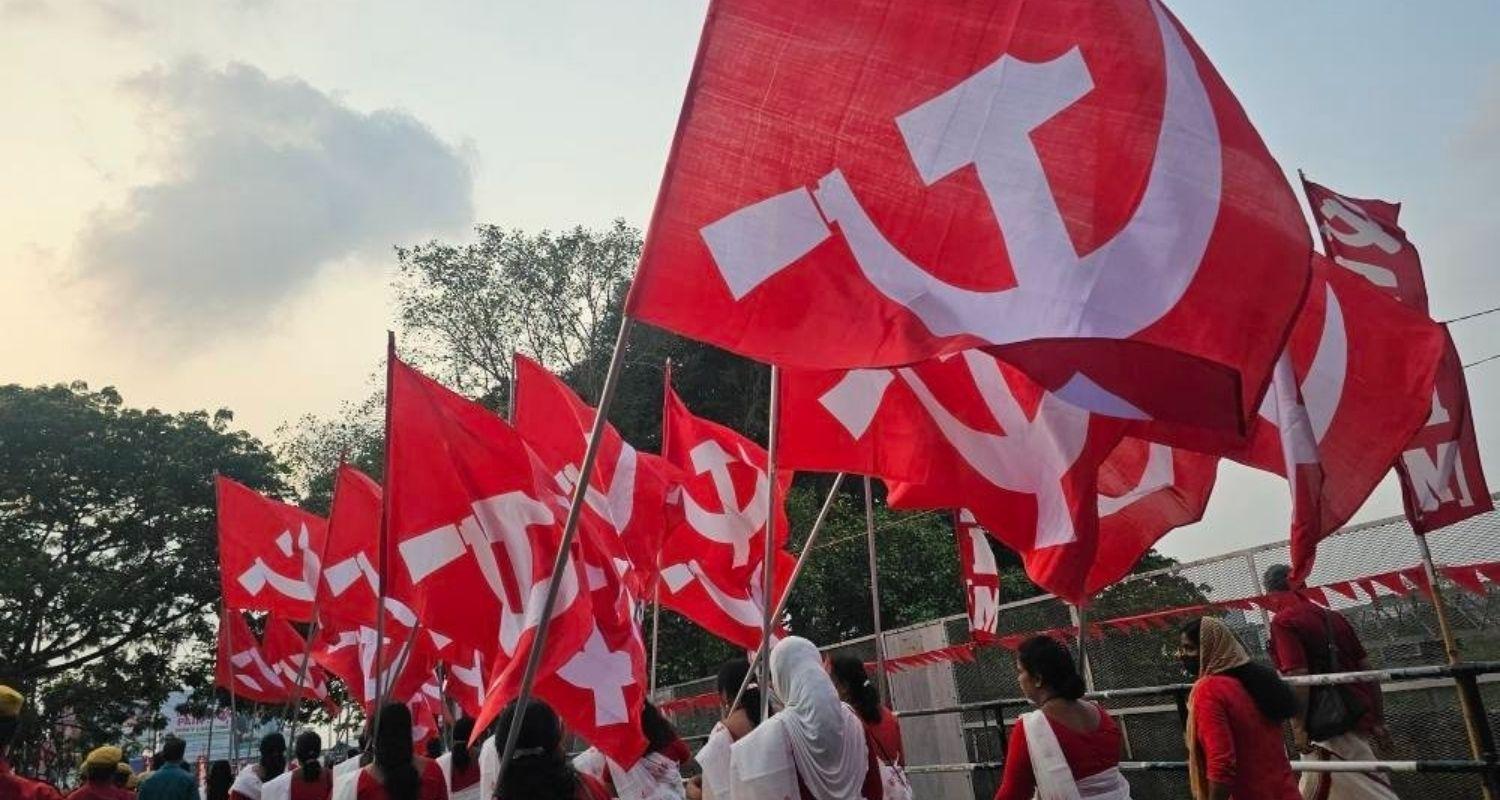Trending:
Metamorphosis of Indian Marxists
Faced with an existential crisis, the CPI (M) is preparing to make a radical shift in its ideological position that was unthinkable till recently.News Arena Network - Kozhikode (Kerala) - UPDATED: March 19, 2025, 01:55 PM - 2 min read

Representational image.
It’s a ‘Glasnost-Perestroika’ moment for Indian Marxists. Faced with an existential crisis, the CPI (M) is preparing to make a radical shift in its ideological position that was unthinkable till recently. A closer look at the vision document, recently unveiled by the party, reveals a stunning shift in public policies touching upon a myriad of issues.
The document, titled ‘New Pathways for New Kerala’, includes several ideas that were considered anathema to the party’s core principles till recently. They include neoliberal capitalist prescriptions such as providing a bigger role for private capital, a PPP (public-private partnership) model for loss-making Public Sector Units (PSUs), allowing establishment of private universities and imposing fees according to the income levels of the people.
After vehemently opposing liberalisation and privatisation for decades, the Marxist party has now signalled a paradigm shift in its approach towards capital and investment. Kerala is the only state where the left coalition, headed by CPI (M), is in power.
Embracing pragmatism
Clearly, the winds of change are sweeping an otherwise dogmatic organisation, which finds itself at an ideological crossroads with sharp internal divisions over electoral tactics.
As Kerala is going to polls next year, the CPI (M) is undergoing a churning process marked by a dilemma over whether the party should embrace pragmatism in tune with the changing times or stick to its core ideology. The harsh reality is that the left parties have been witnessing a steady erosion of their support base across the country and losing power in their traditional bastions. The CPI (M), the big brother among the left parties, faces an unenviable task of re-inventing itself to stay relevant and draw up a workable strategy to retain power in the 2026 elections.
Towards this end, the party has made some stunning U-turns in terms of its ideological positions, the kind of changes that were unthinkable in the orthodox apparatchik a couple of years ago.
From promoting a resource mobilisation drive and allowing private participation in the public sector to increasing fees and surcharges based on income, the 41-page document, released by Chief Minister Pinarayi Vijayan at the party’s state conference in Kollam, proposes a slew of measures to attract investments.
The vision document calls for significant private investments to tackle the state’s financial challenges head-on. It unequivocally advocates private sector participation in sectors such as higher education, industry and tourism to boost the economy.
Surprisingly, this radical shift from the CPI (M) has not gone down well with its co-traveller CPI which opposed the proposal to run public sector units in public-private partnerships as a ‘dangerous trend’ and a ‘problematic approach’. Though the Marxist party has been having an internal debate, for quite some time, over ideological issues, it is probably for the first time that it has put it in the public domain.
Lessons from the past
The party appears to have learnt lessons from its decimation in West Bengal and Tripura and realised the need for effecting major changes in its policies to overcome the existential crisis. There is an urgent need for establishing an enduring connect with the aspirational middle class, a section perceived to be out of the ambit of the Left influence so far. It is a major challenge to attract the post-liberalisation generation into a party whose main agenda has been to fight neo-liberal economic policies.
In the present Lok Sabha, the CPI (M) has just four MPs, a far cry from the dominant position it once enjoyed along with the CPI.
Though the appeal of left ideology started declining after the country opened up its economy and embraced liberalisation, the CPI and CPI (M) still maintained a considerable hold on the political space and could play a crucial role in the UPA-I. The erosion of their support base since then has been swift and irreversible.
It must be pointed out that during the heydays, the left parties formed the biggest opposition block in the first Lok Sabha and played a kingmaker role at the Centre in 1996 and 2004.
In the mid-1990s, the communist parties had committed what their veteran leader Jyoti Basu called a “historic blunder” by foregoing an opportunity to lead the United Front government at the Centre.
The Left’s decline has coincided with the rise of BJP which has been expanding its footprint across the country.
Disconnect with people
A clear disconnect with aspirational middle class, continued peddling of the worn-out cold war era narrative fuelled solely by anti-Americanism, failure to recognise the role of the private enterprise in wealth creation and distribution, visceral hatred for the corporate world, blind opposition to adoption of new technologies and big ticket projects are some of the factors responsible for the left parties losing relevance over years.
Also read: Time to criminalise denial of Aurangzeb’s atrocities
The CPI(M) became a victim of its own flawed propaganda in the 2024 Lok Sabha polls. The poll campaign saw the party repeatedly flogging the CAA (Citizenship Amendment Act) issue and backing the Hamas in Palestine, convening solidarity marches and events in the Muslim-dominated Malabar region. The Left even riled against Shashi Tharoor for decrying the violence perpetrated by Hamas and dubbed him an ‘Israeli sympathiser'.
This strategy backfired and the party suffered major losses.
Emulating Xiaoping
The powerful Chinese communist leader Deng Xiaoping had once famously said: “It doesn’t matter whether a cat is black or white, as long as it catches mice.”
His words have often been used to explain China’s shift towards capitalist economic reforms.
The CPI (M) appears to have taken a leaf out of Xiaoping’s book and initiated a process of radical reforms.

